The worst global food security crisis in 50 years may already be here: CIMMYT
It is absolutely essential to shift the focus from efficient food value chains to resilient food systems as agricultural researchers around the world explore ways to prevent what is quickly becoming the worst global food crisis in 50 years.
Bram Govaerts, director-general of the International Maize and Wheat Improvement Center (CIMMYT), presented this message to global and local audiences at a series of lectures and presentations at Cornell University during the week of March 14, 2022.
Also Read | UN food chief: Ukrainian farmers fighting war’s food crisis is worst since World War II.
Govaerts advocated for more investment in agricultural research and development as an Andrew White Professor-at-Large lecturer and lifetime Cornell faculty member. This is required not just to avert the impending humanitarian disaster, but also to recover from the COVID-19 pandemic and establish a more peaceful, resilient, and food-secure society, he argued.
‘Countries that are ill-prepared to absorb a global food shock are now facing conditions similar to – possibly even worse than – those that triggered the Arab Spring a decade ago,’ Govaerts said.
In the lecture ‘Food Security: A Legacy Transformed Into a Future Challenge of Peace, Prosperity, and Emancipation,’ He compared the current challenge to the 1970s famine threat in South Asia, which was averted by the introduction of improved, high-yielding wheat varieties bred in Mexico by the late Nobel Peace Prize Laureate, Norman Borlaug.
‘Today, humanity faces an existential challenge fueled by conflict, environmental degradation, and climate change that necessitates a transformational response in the way we produce, process, distribute, and consume food,’ he explained.
‘What is the leading agricultural research for development organization doing to assist farmers adapt to climate change?’ he asked in a public lecture. According to Govaerts, Agriculture bears a double burden as a source and a victim of climate change,
‘We need to get climate change out of agriculture, and agriculture out of climate change,’ he added, pushing for climate change as a driver of research and innovation, as well as investment in the transition from efficiency to resilience.
He reminded listeners that, in light of the Ukraine crisis and its potential food security implications, we may all be inspired by Norman Borlaug’s achievements in applying science to agriculture and working together to avert calamity.
‘We need the same bold thinking, to do something before it’s too late,’ Govaerts told the audience at Cornell’s College of Agricultural and Life Sciences, which included nearly 200 online attendees and a packed auditorium. ‘There is no ‘other’ team to help us. This is the meeting. This is the team.’
Also Read | India has the potential to become ‘the food bowl of the world’: Report.
With support from governments, philanthropists, and farmers in more than 40 countries, CIMMYT implements integrated agri-food systems initiatives to improve maize and wheat seeds, farming practices, and technologies to sustainably increase yields.
In addition, in 2020, CIMMYT, in collaboration with the Nobel Peace Center, the Governments of Mexico, and Norway, launched the Agriculture for Peace call, which aims to raise funds for agricultural research and extension services to aid in the transformation of the world’s food systems.

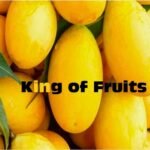
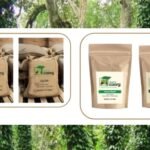
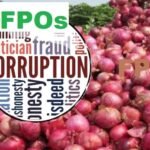
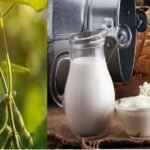
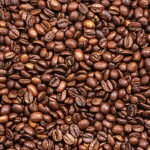

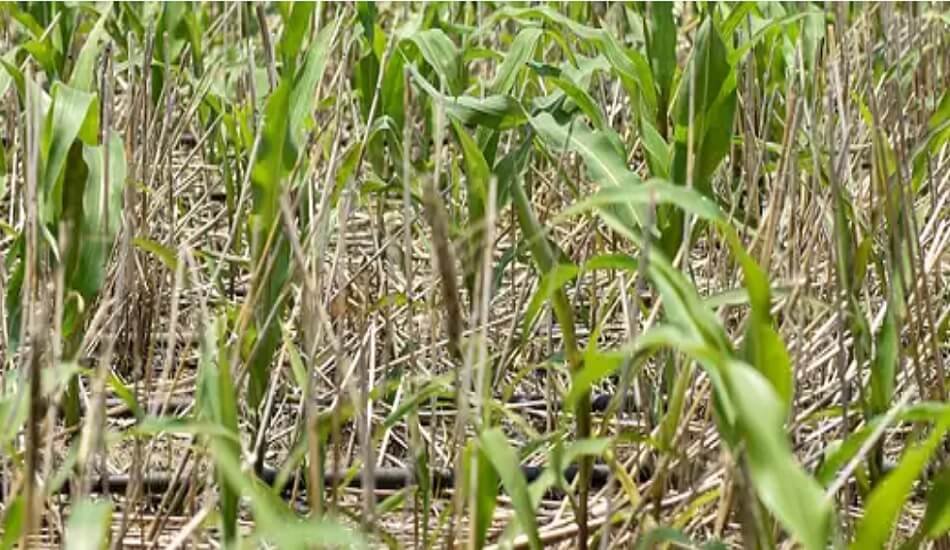

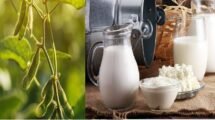








Add Comment